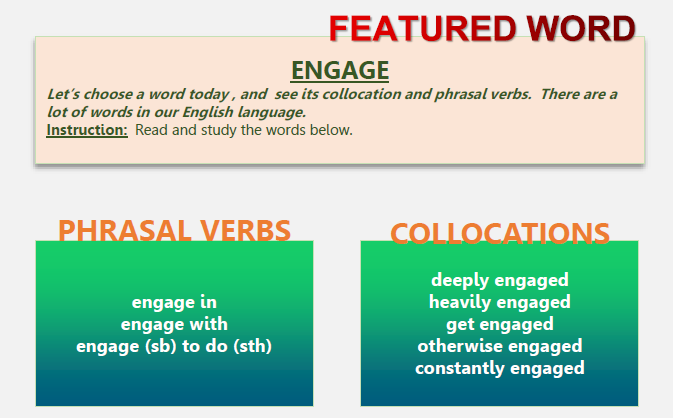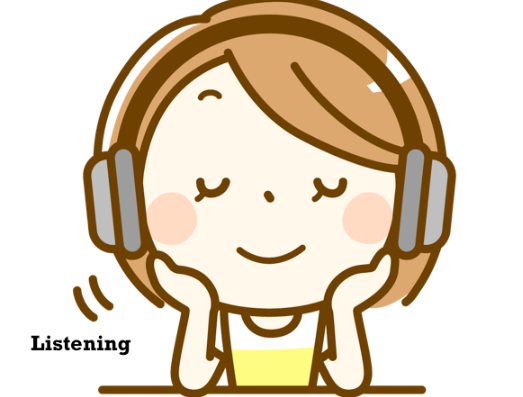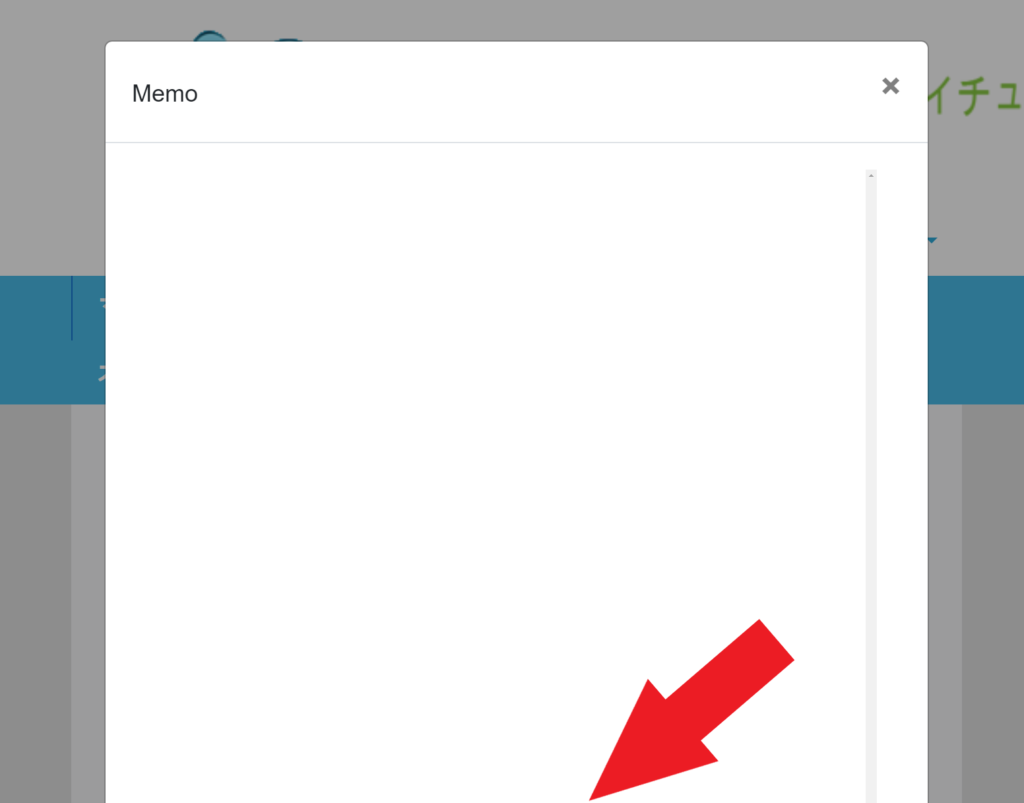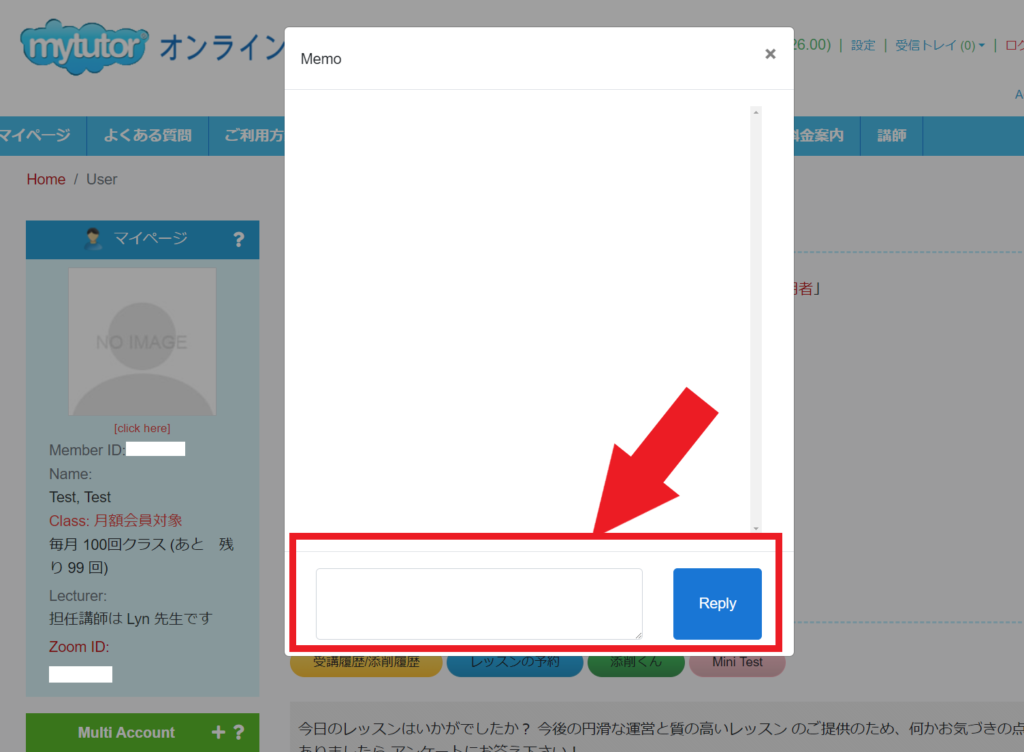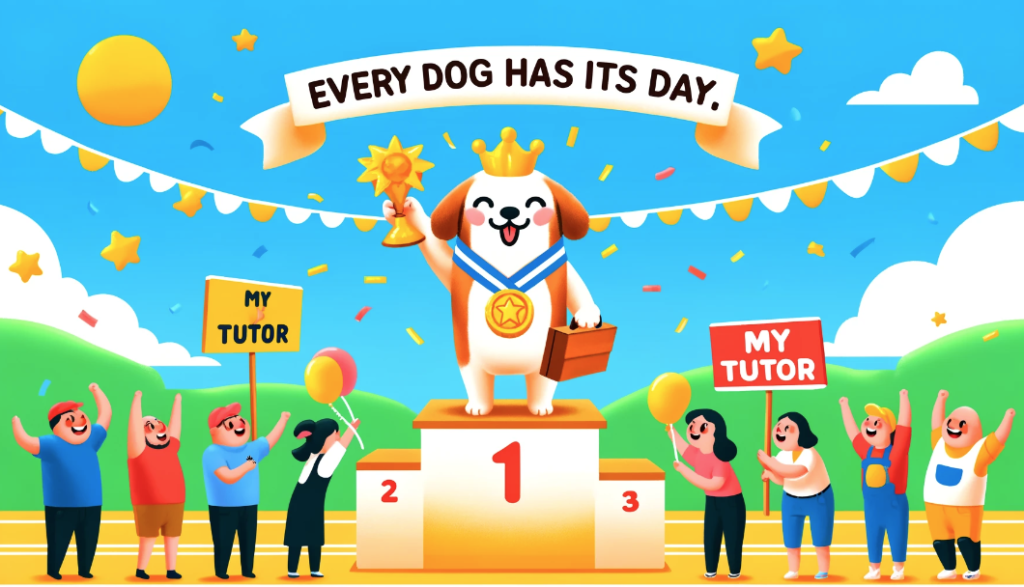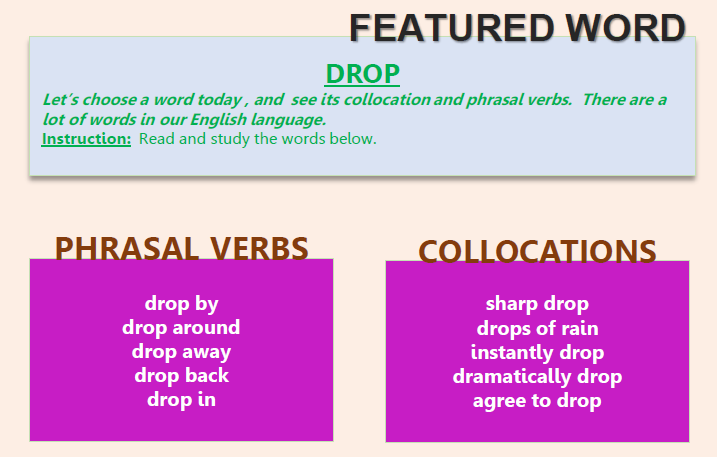IELTS スピーキング バンドスコア 7+対策法 語彙の豊富さ
Collocation / Phrasal Verb (9)
「 EMPLOYMENT 」
IELTS スピーキングの採点基準「 Lexical Resource (Vocabulary) 語彙の豊富さ」で
高い評価を得るために、 Collocation / Phrasal Verb の習得が必須です。
● Collocation - 単語と単語のよく使われる組み合わせ
● Phrasal Verb - 「get up → 起きる」のように動詞と前置詞の組み合わせ
動詞 + 名詞 Collocations
以下3つの Collocation は 動詞 + 名詞 の組み合わせです。
例文と一緒に覚えましょう。
☑ Wait tables
She has to wait tables to get her daily allowance.
☑ Make a difference
She has been doing a lot of community work to make a difference.
☑ Do a task
She will do many tasks for her boss so she will go home very late today.
試験で使える!Collocation / Phrasal Verb 「 EMPLOYMENT 」
▮質問 1
What was your first job?
サンプル回答
For my first job, I had to wait tables at a local restaurant I was fresh out of high school back then, and I started working during the entire summer leading to my first year at college The owner was a good friend of our family, so she let me work for a couple of months or so I save some money for my daily allowance when I enter university She also needed help since one of her employees took off without saying a word, so they were short on staff Anyway, it was a nice and decent sized American style restaurant that she and her American husband has built It was a hit in our place, and lots of students go there I actually used to go there a lot too since I love their burgers When I was working, part of the benefits was that I had free lunch every day, and I absolutely loved it I get to eat as much burger and fries as I could Plus, the work was actually pretty easy for me I just took orders, bring the customers their food, and clean the tables Luckily almost every customer was mild mannered so I enjoyed it.
◇◇◇ ◇◇◇ ◇◇◇ ◇◇◇ ◇◇◇ ◇◇◇ ◇◇◇ ◇◇◇ ◇◇◇ ◇◇◇ ◇◇◇ ◇◇◇
▮質問 2
Describe a job that you admire. You
should say:
- where the job is done
- what the job is
- what the tasks are
- And why you think it’s a great job.
サンプル回答
I’ ve always been a fan of people who work in the film industry, and by that I meant the directors, writers, editors, designers, and basically everyone who works behind the scenes They get to travel to different places based on where the setting of the film or even the TV show is. They also get to meet celebrities and take care of their needs to ensure their project is a success At the same time, they help make a difference with the films and TV shows they create I know that no matter how good it sounds, the tasks aren’t easy As a director, I hope to be one, they re in charge of everything and their choices can make or break the project It’s part of the job to make sure that the story, effects, lines and everything else is translated and produced as imagined I imagine them checking every angle of the lenses to make sure that it’s perfect I imagine myself doing that because I have always been fascinated with films and their special effects I think people who make great films go down in history Plus, it has a lot of perks the celebrities, the people, the parties, and most of all the opportunity to influence people with my values
「Collocation / Phrasal Verb 」をインストラクターと一緒にレッスン!



